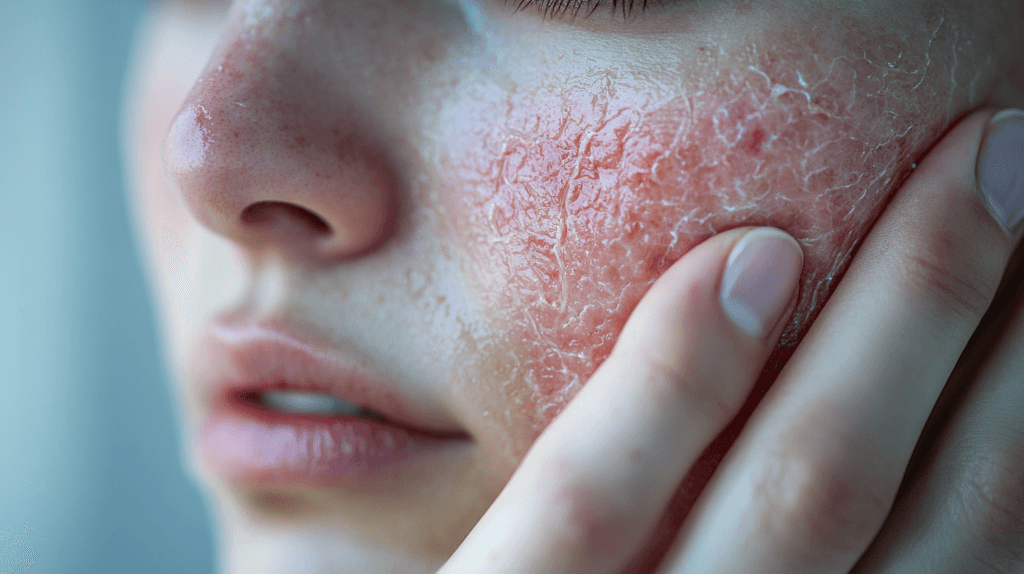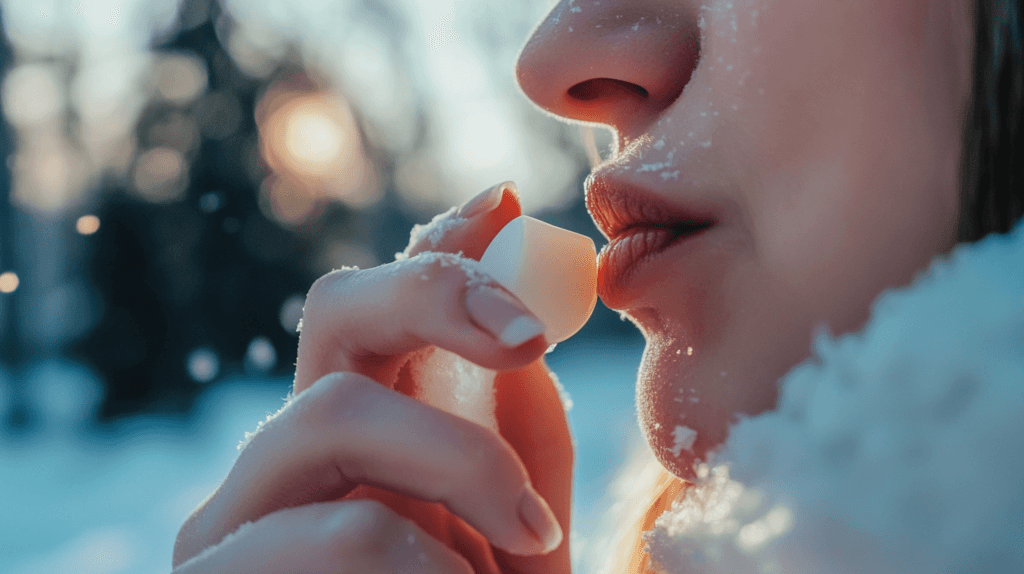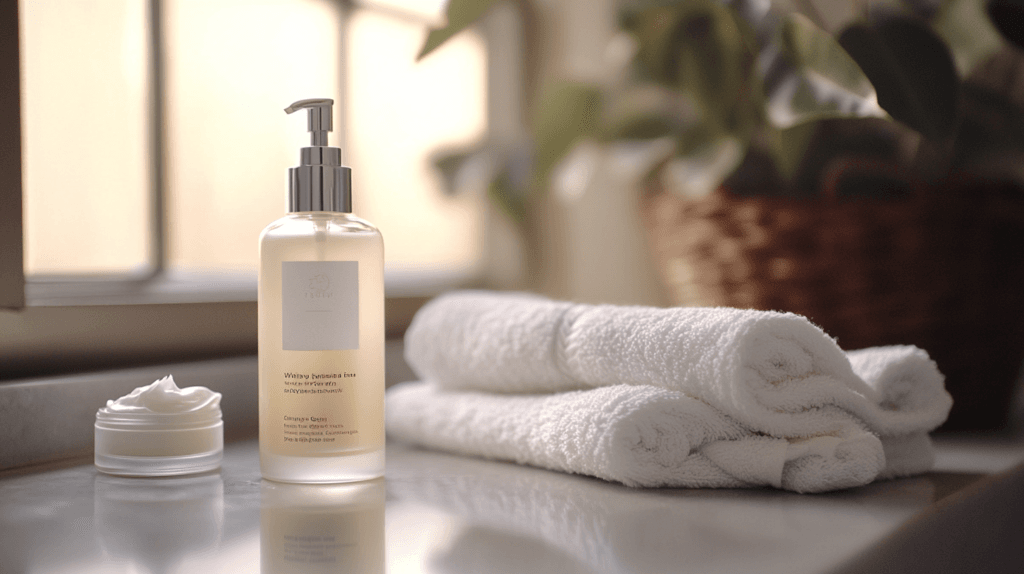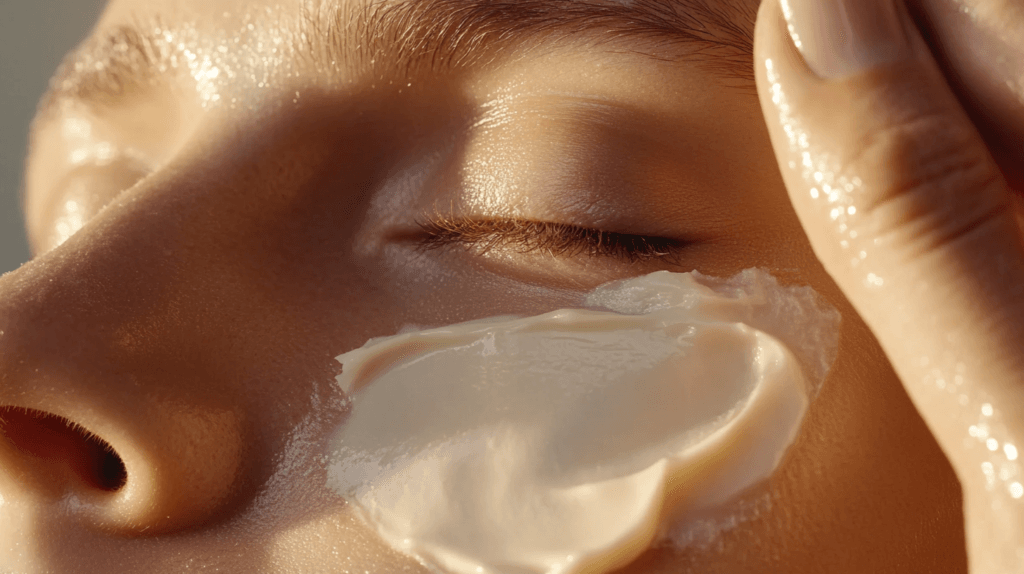Winter Skin SOS: Protect and Nourish Your Skin During the Cold Months
Winter is a beautiful time of year, but the cold temperatures, harsh winds, and dry indoor air can wreak havoc on your skin. Many people experience dry, flaky, and irritated skin during the colder months, making winter skin care a top priority. In this comprehensive guide, we’ll explore the challenges winter brings to your skin and how to effectively protect and nourish it. With the right products, habits, and lifestyle adjustments, you can keep your skin looking healthy and radiant all season long.
Why Winter Is Tough on Your Skin
Winter presents several challenges for your skin. The cold air outside, combined with low humidity levels, can deplete the moisture from your skin, leaving it dry and sensitive. In addition, indoor heating systems, while keeping you warm, can exacerbate dryness by stripping even more moisture from the air. These conditions can lead to a host of skin problems, such as redness, itching, and flakiness.
Understanding why your skin suffers during winter is the first step in building an effective skin care routine. Fortunately, with proper care, you can avoid the negative effects of the cold weather and maintain healthy, glowing skin.

Common Winter Skin Problems
1. Dryness and Flakiness
The low humidity of winter air causes a reduction in the natural moisture levels of the skin, resulting in dryness and visible flakiness. This can make your skin look dull and feel tight or even cracked.
2. Chapped Lips
Chapped lips are a common winter problem due to exposure to cold air and wind. The skin on the lips is thinner and more prone to losing moisture, making it more susceptible to cracking.
3. Redness and Irritation
Exposure to cold temperatures can lead to redness and increased skin sensitivity. For those with sensitive skin, winter can be especially harsh, causing irritation and inflammation.
4. Itchy Skin
The combination of dry air and tight winter clothing can lead to itchy skin. This can be particularly uncomfortable and, if left untreated, may result in dry patches and more severe skin issues.

Essential Winter Skin Care Tips
1. Switch to a Hydrating Cleanser
During winter, it’s important to switch to a gentle, hydrating cleanser that won’t strip your skin of its natural oils. Look for a cleanser that contains moisturizing ingredients like glycerin or hyaluronic acid. Avoid harsh soaps and foaming cleansers, as they can exacerbate dryness.

2. Moisturize More Often
Moisturizing is the most crucial part of your winter skin care routine. Choose a rich, oil-based moisturizer that creates a barrier to protect your skin from the elements. Apply it immediately after washing your face or showering to lock in moisture.
- Daytime Moisturizer: Use a lightweight but hydrating moisturizer during the day, ideally with SPF to protect against winter UV rays.
- Night Cream: Opt for a thicker, more emollient cream at night to nourish your skin while you sleep.

3. Don’t Forget Sunscreen
Many people overlook sunscreen in winter, but UV rays are still present even on cloudy days. Snow can reflect the sun’s rays, increasing the risk of sunburn. Choose a broad-spectrum SPF of at least 30 and apply it daily before stepping outside.
4. Use a Humidifier Indoors
Indoor heating systems can leave the air dry, which further strips your skin of moisture. Investing in a humidifier will help add moisture back into the air, making it easier for your skin to stay hydrated. Place a humidifier in your bedroom or living area to keep the air moisture levels balanced.

5. Stay Hydrated
Drinking plenty of water is essential for maintaining skin hydration from the inside out. During winter, you may be less inclined to drink water, but staying hydrated helps maintain your skin’s elasticity and overall health. Herbal teas are also a great way to stay warm and hydrated.
6. Protect Your Skin Outdoors
When heading outdoors, wear protective clothing such as gloves, scarves, and hats to shield your skin from cold temperatures and wind. The less exposure your skin has to the elements, the less likely it is to become dry and irritated.

7. Exfoliate Gently
Exfoliation helps remove dead skin cells and allows your moisturizer to penetrate more effectively. However, during winter, it’s important to exfoliate gently. Use a mild exfoliant once or twice a week to keep your skin smooth without causing irritation. Avoid harsh scrubs, as these can make dry or sensitive skin worse.
8. Take Shorter, Lukewarm Showers
While hot showers may feel great in cold weather, they can strip your skin of essential oils, leading to increased dryness. Opt for lukewarm showers and limit your time under the water to avoid dehydrating your skin. Pat your skin dry gently and apply moisturizer immediately afterward.

9. Nourish Your Lips
Your lips need extra care during winter, as they lack the natural oil glands found in other parts of the skin. Apply a nourishing lip balm regularly, especially before going outdoors. Look for balms with ingredients like beeswax, shea butter, and natural oils to help lock in moisture and prevent chapping.
Recommended Winter Skin Care Ingredients
1. Hyaluronic Acid
Hyaluronic acid is a powerful humectant that draws moisture into the skin. It’s perfect for winter, as it helps combat dryness and keeps your skin looking plump and hydrated. Look for moisturizers or serums that contain hyaluronic acid.
2. Ceramides
Ceramides are lipids that help form a protective barrier on the skin, preventing moisture loss. Using ceramide-rich products can help strengthen your skin’s natural barrier, keeping it hydrated and protected.
3. Shea Butter and Cocoa Butter
These rich emollients are ideal for creating a protective layer on your skin. They help prevent water loss and are particularly effective at soothing dry, irritated skin.
4. Glycerin
Glycerin is a natural humectant that helps draw moisture into the skin. It works well in combination with other hydrating ingredients to keep your skin moisturized throughout the day.
Conclusion
Winter weather can be challenging for your skin, but with the right care, you can maintain a healthy, radiant complexion all season long. Focus on hydration, protection, and gentle care to combat the effects of cold air, low humidity, and indoor heating. By using the right products, staying hydrated, and protecting your skin from harsh conditions, you can avoid common winter skin problems and enjoy soft, nourished skin even in the coldest months.
Remember, consistency is key. Develop a winter skin care routine that works for you, and make small adjustments as needed to keep your skin feeling its best throughout the season.




No Comment! Be the first one.